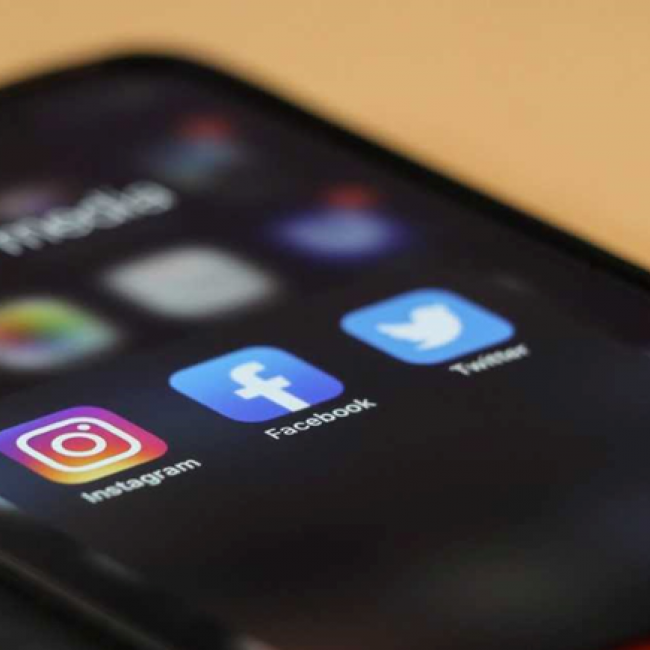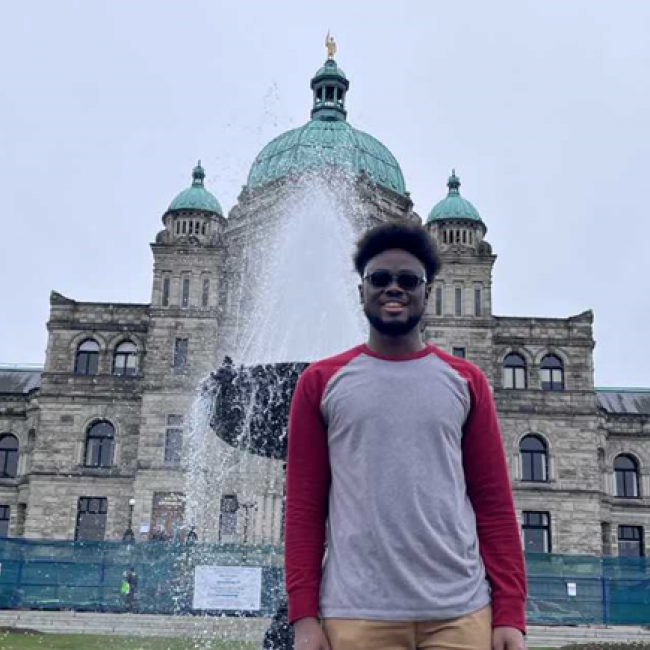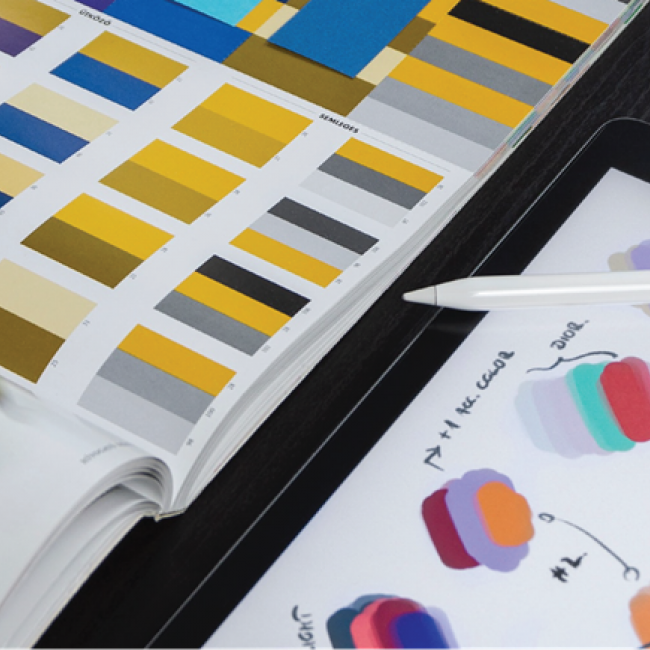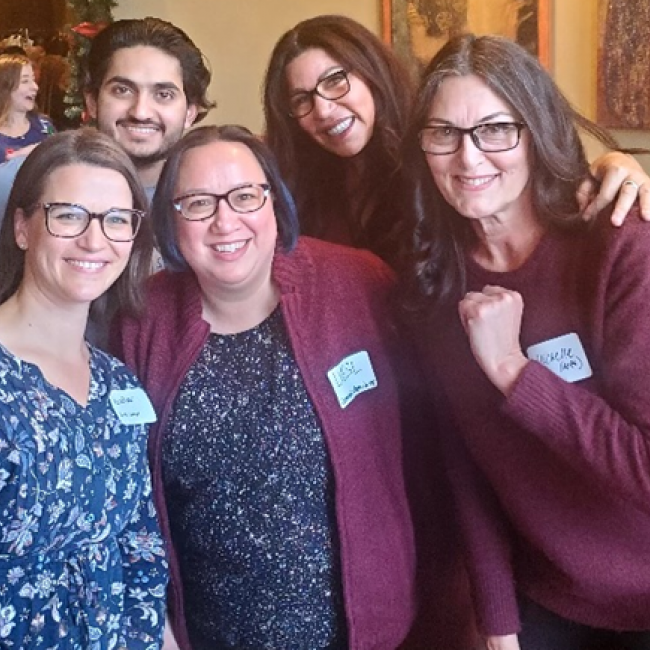“Communication? What do you do in Communication?”
I won’t lie. I hate this question.
And it’s not because I dislike my courses or the work that I do. Or because of the skeptical look I sometimes get when I tell someone I chose to major in Communication – because “do you really need to learn how to talk to people?”
It’s because I have a hard time coming up with a straightforward, concise answer to it - which is especially hard to admit for someone who is working towards a degree in Communication.
Yes, we learn how to communicate. No, that’s not just what we learn how to do.
This question has tormented me since I made the decision to switch my major. Every time it came up, I always left the conversation feeling like I'd either under-explained or over-explained my answer. A lot of the time, I’d find myself looking for an explanation that justifies why I chose communication over another field of study that leads to a more recognizable career path.
It wasn’t until my Co-op term with Fraser Health that I started to gain a solid understanding of what a career in Communication could really encompass. Through working for a health authority, especially in the middle of a pandemic, I began to understand the important role that communicators play - how crucial it is for them to provide clear and relevant information to the public to keep them informed, mitigate crises, and counter misinformation.
In an organization with lots of moving parts, I learned how fast-paced this field can be and the vast amount of work that communicators need to do in order to reach and influence their audience. With each assignment I was given, my supervisor taught me how to move from just writing content to thinking strategically about the messaging I am trying to deliver with my work. For me, this meant recognizing the type of audience I am trying to reach and leveraging the information or approach that they would value the most
The biggest thing that stuck out to me about health care communications was the fact that our audience is entitled to the information that we are trying to deliver to them.
As opposed to other sectors where Communication promotes for-profit products or services, in the health care sector, Communication promotes information that people need to make healthy choices. Since the start of the COVID-19 pandemic, it became overwhelmingly clear to me that the role communicators play was not just to promote information for people’s health and well-being, but to ensure that the audience has equal access to the information that they have a right to know.
And boom - there it was. An answer to this recurring question about my degree. Maybe it’s not as simple as I wanted it to be, but it was a concrete answer. And not only did it allow me to answer the “what do you do”, but also the “why” of working in communications, and why this sector specifically?
When you work in health care communications, you have the privilege of making a direct impact on your community and their well-being. And in my opinion, that makes the work as rewarding and fulfilling as it can get.
Beyond the Blog
Connect with Samantha on LinkedIn




























